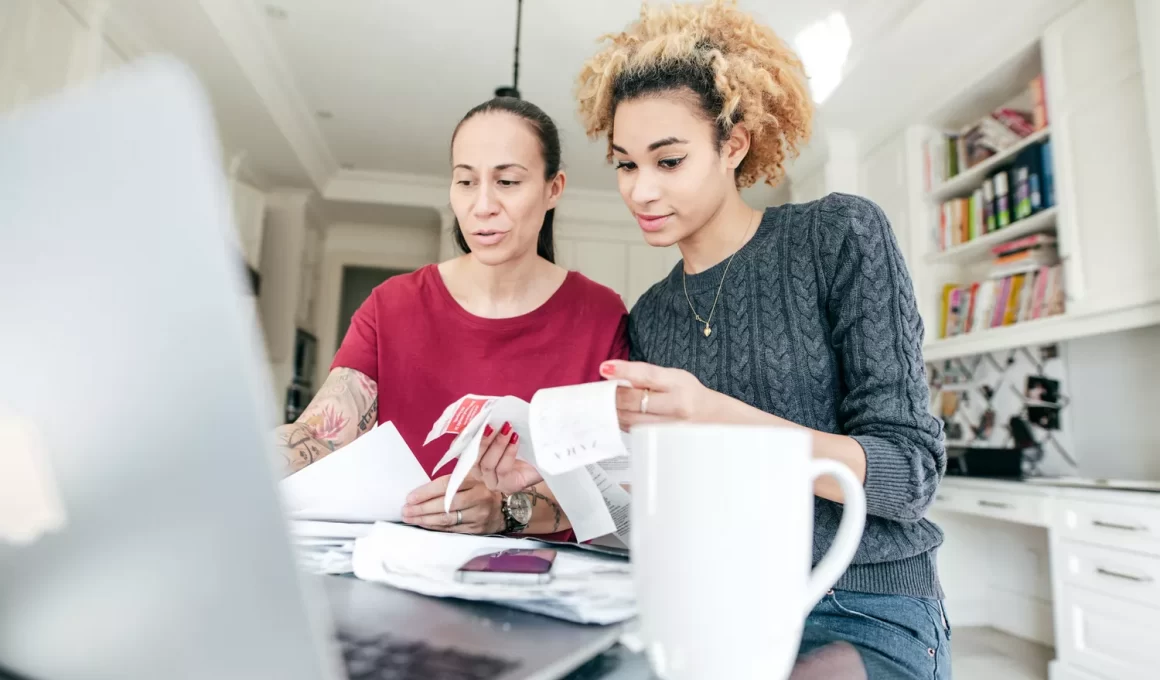
Even when it comes down to financial matters, privacy is a rarity in today’s digital age. Every time you make an online purchase or transmit a payment your transaction, along with other information about you, is recorded.
There are ways to reduce the amount of information that you give out when you transact. You don’t have to stick to only cash establishments or go off-grid. You can enjoy a certain level of privacy by setting up the right accounts.
Continue reading to learn some tips that can help you increase your privacy.
Keep Assets and Payments Secret
There are several options that you can use to increase your privacy.
Family Offices
Note:
You’ll be able to outsource to a reputable firm with the least amount of effort, but it’s important to research them to make sure they are trustworthy.
Create Entity
A second option is to create a company that owns all of your assets. A trust, for example, can hold a variety of assets including cash and stocks, but also real estate, business interests, and automobiles. Trusts may also use these assets to make payments. Your name will not be directly associated with the trust’s payment.
Someone must know you’re linked to the entity. You can select who that person (or organization) is. If you wanted to use the entity’s bank account to deposit and withdraw money, for example, you would have to tell a bank who you were.
You can also choose someone else, like an attorney you trust, who will manage your entity and assets on behalf of you. This person will be able to conduct all transactions for the entity, increasing your privacy. You must trust the person with your assets and identity.
After you hire representatives, they will no longer be anonymous. In a trust for example, the Internal Revenue Service will have the name of the fiduciary, or the person who is designated to manage the trust’s account.
Note:
State laws can be very different for trusts and other legal entities. Consult an attorney who is familiar with trust law in your particular state to ensure you are acting legally.
Use Cryptocurrencies
Cryptocurrencies such as Bitcoin and Ether are highly volatile. There may also be tax and regulatory uncertainty when holding cryptocurrencies. The greater adoption and recognition of cryptocurrencies around the world has reduced some of their volatility and risks. This makes cryptocurrencies an effective tool for keeping transactions private. However, using cryptocurrencies alone will not keep your transactions secure. The wallet you use to store your cryptocurrency and the way you send or receive it will also affect your privacy.
Note:
Bitcoin and other cryptocurrencies are relatively new experiments in digital payments. Although they can provide greater anonymity for your transactions, you should fully understand the risks involved before using them.
Why would someone want privacy?
You may want to keep some of your account information private for a variety of reasons.
Donations and Payments
Some people believe that public exposure ruins the charitable nature of giving. Some people prefer to remain anonymous. Some people prefer not to have their money spent on them, whether they’re paying for themselves or for someone else.
Keep a low profile
You might not want your assets to be known. You could become a target of lawsuits or have to defend yourself against con-artists who are looking for financial assistance. Some people prefer to keep their financial affairs private because they have complicated relationships within the extended family. Some societies, like those in which women live, may have social and cultural pressures that cause them to want privacy when it comes to their assets. Kidnappings and ransom situations are not uncommon, despite their rarity.
Estate Transfer
You may be less concerned with your privacy than you are about someone else’s. You need to plan ahead if you want to transfer your assets without everyone knowing (and avoid Probate).
Can you be anonymous?
It is almost impossible to be 100% anonymous. In most transactions, two parties exchange goods or services in exchange for money. It’s hard to reach an agreement if neither party knows who the other is. You have to give a delivery address when you order something online. As you pass through the supermarket, security cameras will take your picture.
It takes a conscious, continuous effort to keep your information private. You can keep your name hidden if you put in the effort, but it is difficult to remain completely anonymous.
FAQs (Frequently Asked Questions)
Is it possible to send money anonymously using Western Union or PayPal?
Although major money transfer services such as PayPal and Western Union allow you to transfer money anonymously, the transfer is still not anonymous. Even if Western Union or PayPal don’t give your information to the recipient, it will still be linked to the transaction.
Can you anonymously send money with a credit cards?
It is difficult to use your credit card anonymously because all transactions are linked to your name. If you use your credit card to get a cash loan and then send the money, it will be recorded under your name. When you use a card to send money through a service such as Venmo your transaction is recorded by the company that completes the transaction.










